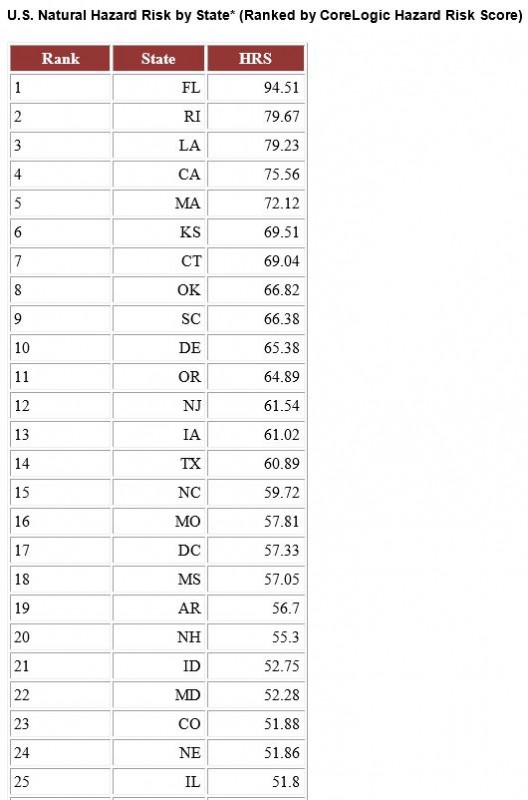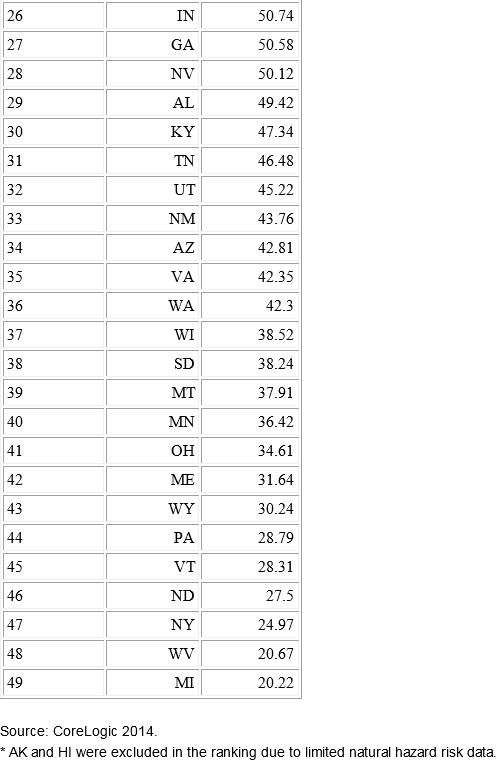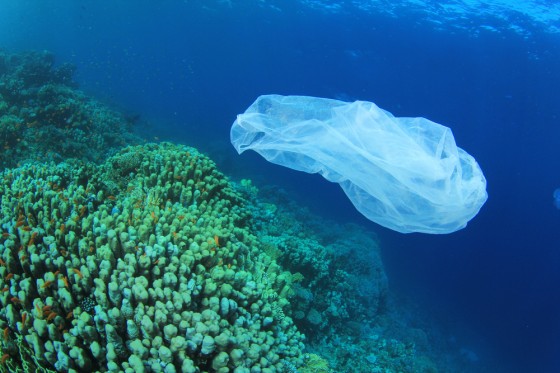Failure to register and label a pesticide with the U.S. Environmental Protection Agency (EPA) has netted a penalty of $1.85 million for DuPont, the EPA announced today.
DuPont did not submit reports about the potential adverse effects of an herbicide product called Imprelis, introduced in 2010, the EPA said in a statement. The agency alleges that from October 2010 through June 2011, DuPont distributed or sold Imprelis on 320 occasions with labeling that did not include adequate directions for use, warnings or caution statements to protect non-target plants.
The product was available in 4.5 fl. oz., 1 gallon and 2.5 gallon size containers, and was primarily sold to pest control professionals servicing the lawn, golf, turf and weed control sectors from New Jersey to Wisconsin, the EPA said. Customers who applied the product found that it led to damage and death of some types of coniferous trees, including Norway spruce and white pine.
In June 2011, the EPA started to get complaints from state pesticide agencies regarding evergreen damage related to use of Imprelis. According to the EPA, DuPont reported it received more than 7,000 claims of death or damage to trees. Cases of tree damage and death were widespread in the Midwest, especially Indiana, Illinois, Michigan, Minnesota, Ohio and Wisconsin. Indiana investigated more than 400 cases of tree damage related to Imprelis in 2011, the EPA said.
The agency added that media reports put claims as high as 30,000 by homeowners, landscapers, golf courses and entities with crop damage from the use of the herbicide.
DuPont stopped selling the product in August 2011 and in 2013, the Wilmington, Delaware-based company reached a settlement with representative plaintiffs in a class action lawsuit in federal court in Pennsylvania.
Reuters reported that under the settlement agreement, DuPont will pay property owners to remove and replace damaged trees and other losses. Businesses that applied the herbicide to the property of others will also be compensated for customer site visits and other expenses.
The settlement provides up to $7 million in attorney’s fees and also costs for plaintiffs’ lawyers, Reuters said.
According to the EPA:
Pesticide registrants such as DuPont who violate FIFRA are subject to maximum civil penalty of $7,500 for each offense per FIFRA section 14(a)(1), as amended. In determining an appropriate civil penalty amount, FIFRA section 14(a)(4) requires that EPA consider the appropriateness of such penalty to the size of the violator’s business, the effect of the penalty on the violator’s ability to continue in business, and the gravity of the violation.





